As South Africa strives to enhance its renewable energy capacity, importing solar panels from China presents an exciting opportunity for businesses and households alike. With China being the world’s largest producer of solar technology, this venture not only promises cost-effective solutions but also access to high-quality products that meet international standards. This comprehensive guide will walk you through the essential steps of importing solar panels, from selecting the right manufacturers and navigating shipping options to understanding customs regulations and overcoming challenges. Embrace the potential of solar energy and unlock sustainable growth by tapping into the vast market of solar panels from China. Whether you are a seasoned importer or a newcomer to the industry, this guide will equip you with the knowledge you need to succeed in the South African solar market.
Related Article : Shipping From China To South Africa
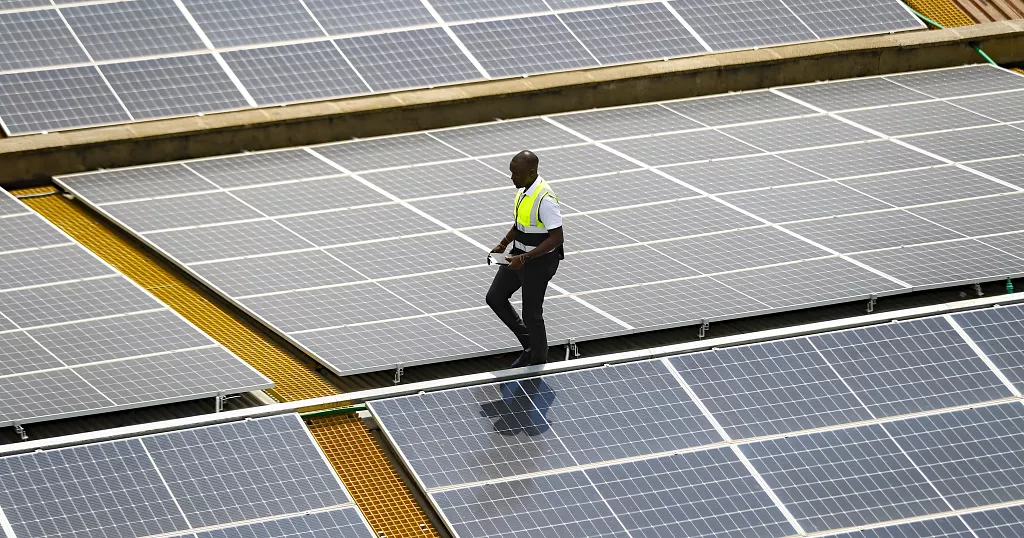
1. Why Import Solar Panels from China to South Africa?
Cost-Effective Renewable Energy Solutions
Importing solar panels from China to South Africa offers significant cost savings, primarily due to China’s established manufacturing capabilities and economies of scale. As the world’s largest producer of solar panels, China benefits from lower production costs, which translates into more competitive pricing for South African importers. By leveraging these cost-effective solutions, businesses and households in South Africa can reduce their electricity expenses while making a positive environmental impact. According to a report by the International Renewable Energy Agency (IRENA), solar energy has the potential to be one of the most affordable sources of electricity globally, and this is particularly true for imports from China.
High-Quality Chinese Solar Technology
Chinese manufacturers have made substantial investments in innovative technologies, resulting in high-quality solar panels that meet international standards. Many leading Chinese brands, such as Trina Solar and JinkoSolar, are recognized globally for their efficiency and durability. By importing these products, South African consumers can benefit from advanced solar technologies that not only provide reliable energy but also come with extensive warranties and certifications. This ensures that the panels can withstand the country’s diverse climate conditions, making them a secure investment for long-term energy solutions.
Meeting South Africa’s Growing Energy Demands
South Africa faces significant challenges related to its energy supply, including frequent power outages and reliance on fossil fuels. The importation of solar panels from China can play a crucial role in diversifying the energy mix and enhancing energy security. According to the South African Renewable Energy Independent Power Producer Procurement Programme (REIPPPP), the government is actively promoting renewable energy sources to meet the nation’s growing electricity demand. By incorporating solar energy solutions into the grid, South Africa can move towards a more sustainable future, reduce carbon emissions, and ensure a steady energy supply for homes and businesses.
2. Understanding Solar Panel Types for the South African Market

Monocrystalline vs. Polycrystalline Panels
When selecting solar panels for the South African market, understanding the differences between monocrystalline and polycrystalline panels is essential. Monocrystalline panels are known for their high efficiency and space-saving qualities, making them ideal for urban settings where roof space may be limited. They typically have a higher energy output per square meter compared to polycrystalline panels. However, polycrystalline panels are usually more budget-friendly and can be a suitable option for larger installations where space is not a constraint. By evaluating the requirements and available space, South African consumers can choose the type of panels that best fits their needs.
Thin-Film Solar Panels: A Viable Option?
Thin-film solar panels represent another option for South African consumers, though they are less commonly used compared to monocrystalline and polycrystalline panels. They are lightweight and flexible, which allows for creative installation options, including integration into building materials. However, they generally have lower efficiency rates and require more space. For individuals or businesses looking to harness solar energy in non-traditional ways, thin-film panels could provide a viable solution, especially in less conventional applications.
Choosing the Right Panel for South African Climate
South Africa’s unique climate and geographical diversity must be considered when selecting solar panels. Areas with high temperatures and direct sunlight require panels that can efficiently convert solar energy into electricity without overheating. Moreover, regions prone to dust storms may necessitate panels with self-cleaning features or regular maintenance.
By understanding the various types of solar panels available and their suitability for the South African market, importers can make informed decisions that align with both their budget and energy needs. For reliable import solutions, consider partnering with Dantful International Logistics for expert assistance in navigating the logistics of importing solar panels from China.
3. Step-by-Step Guide to Importing Solar Panels from China

Finding Reliable Chinese Solar Panel Manufacturers
The first crucial step in importing solar panels from China is identifying reliable manufacturers. Given the vast number of suppliers in the Chinese market, conducting thorough research is imperative. Start by exploring reputable online platforms such as Alibaba or Global Sources, where you can find verified manufacturers with positive reviews and ratings. Additionally, attending international trade fairs, such as the China Import and Export Fair (Canton Fair), can provide valuable networking opportunities with manufacturers. It’s essential to conduct background checks, request references, and possibly visit the factory to assess their production capabilities firsthand. Establishing a relationship with a trustworthy supplier is key to ensuring a smooth import process and receiving high-quality products.
Negotiating Prices and Terms with Suppliers
Once you have shortlisted potential manufacturers, the next step is to engage in price negotiation and discuss terms of the agreement. This phase is critical as it directly affects your profit margins. Be prepared to negotiate not just the price, but also payment terms, shipping costs, and delivery timelines. It’s advisable to inquire about bulk discounts or promotional offers that could further enhance cost-effectiveness. Clear communication is essential, so ensure that all negotiated terms are documented in a formal contract. This contract should include details about payment methods, lead times, and any penalties for non-compliance. Utilizing third-party services such as Dantful International Logistics can also help streamline this process, as they can provide insights into typical costs and assist with logistics planning.
Ensuring Quality Control and Certification
Quality control is paramount when importing solar panels, as subpar products can lead to increased costs and damage to your reputation. Prior to shipping, request certification for the solar panels, ensuring they meet international standards such as IEC (International Electrotechnical Commission) or UL (Underwriters Laboratories) certifications. Consider conducting a factory audit or hiring a third-party inspection agency to assess product quality before shipment. Additionally, arrange for sample shipments to verify performance specifications and reliability. By implementing robust quality control measures, you can mitigate risks associated with defective products, ensuring customer satisfaction and compliance with local regulations.
4. Navigating South African Import Regulations
Custom Duties and Taxes on Solar Panel Imports
Understanding custom duties and taxes is essential for anyone looking to import solar panels into South Africa. The South African Revenue Service (SARS) imposes specific duties depending on the product category and country of origin. As of recent updates, solar panels may attract a custom duty that varies based on the material and value of the goods. It’s advisable to consult the latest tariff schedules available on the SARS website to ascertain the applicable duties for your specific import. Proper budgeting for these additional costs will help prevent unexpected financial burdens and ensure your import project remains profitable.
Required Documentation for Solar Panel Importation
To facilitate a smooth import process, you will need to prepare various documentation required by South African authorities. Essential documents typically include a commercial invoice, bill of lading, import permit, and a certificate of origin. Additionally, an Import Declaration Form (SAD 500) must be completed and submitted to SARS. Ensure that all documents are accurate and complete to avoid delays in customs clearance. Working with experienced logistics providers like Dantful International Logistics can simplify this process, as they can assist with documentation preparation and compliance checks.
Dealing with the New 10% Import Tariff on Solar Panels
Recently, South Africa has introduced a new 10% import tariff on solar panels, which significantly impacts the overall cost of importing these products. This tariff aims to promote local manufacturing while balancing the need for renewable energy sources. Importers must factor this additional charge into their financial planning and pricing strategies. To navigate this new landscape effectively, stay informed about potential exemptions or rebates that may apply to renewable energy imports. Engaging with local industry associations or trade groups can also provide valuable insights into how to maneuver through these regulatory changes. For such complexities, consider consulting with Dantful International Logistics, as they have the expertise to guide you through the importation process, ensuring compliance with South African regulations while optimizing cost efficiency.
5. Shipping Solar Panels from China to South Africa
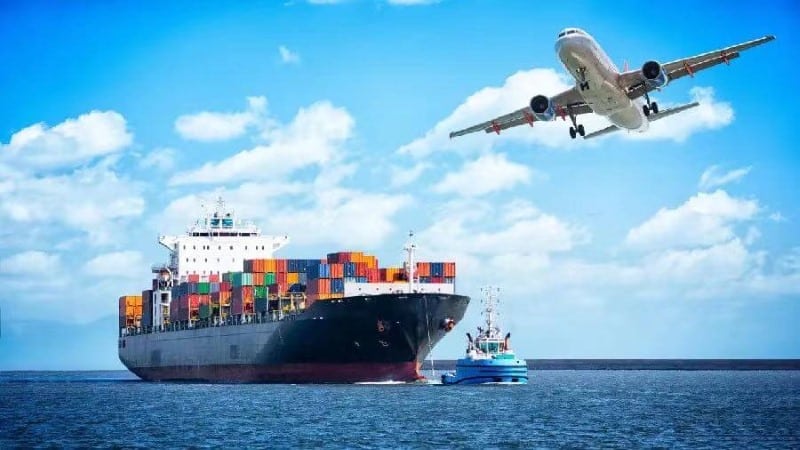
Choosing the Right Shipping Method: Sea vs. Air Freight
When it comes to shipping solar panels from China to South Africa, selecting the appropriate freight method is crucial for balancing cost, speed, and efficiency. Generally, there are two primary options: sea freight and air freight.
Sea freight is the most cost-effective choice for large shipments, especially when importing solar panels in bulk. This method, while slower, is ideal for businesses looking to minimize shipping costs. According to recent data from the World Bank, sea freight accounts for over 80% of global trade by volume, highlighting its significance in international logistics.
On the other hand, air freight offers faster delivery times, making it suitable for urgent shipments or smaller quantities. However, the higher costs associated with air transport can impact overall profitability. For most importers of solar panels, the choice will depend on their specific needs; for those prioritizing cost over time, sea freight is the recommended option. Dantful International Logistics can help you decide on the best shipping method based on your requirements and budget.
READ MORE:
- Shipping From China To Algeria
- Shipping From China To Angola
- Shipping From China To Morocco
- Shipping From China To Nigeria
- Shipping From China To Kenya
- Shipping From China To Tanzania
- Shipping From China To South Africa
Packaging Requirements for Safe Solar Panel Transport
Proper packaging is vital to ensure that solar panels arrive in South Africa without damage. Solar panels are fragile and susceptible to breakage if not adequately protected. Packaging should include high-quality cushioning materials, such as foam or bubble wrap, to absorb shocks during transit. Additionally, panels should be securely placed in wooden crates or reinforced cartons to prevent movement and provide structural support.
Furthermore, labeling packages clearly with handling instructions such as “Handle with Care” and “Fragile” can alert freight handlers to exercise caution. Dantful International Logistics can provide expert guidance on optimal packaging techniques tailored to solar panel shipments, ensuring that your products are protected throughout their journey.
Tracking Your Shipment: From Chinese Port to South African Destination
Once your solar panels are shipped, maintaining visibility throughout the transit process is essential. Utilizing a reliable tracking system allows importers to monitor their shipments from the Chinese port to the final destination in South Africa. Many shipping companies now offer online tracking tools that provide real-time updates on the shipment’s location and status.
Dantful International Logistics offers integrated tracking solutions, enabling customers to stay informed and plan accordingly for arrival times. This transparency helps mitigate uncertainties and enhances coordination for the subsequent customs clearance and delivery processes, ultimately improving the overall supply chain efficiency.
6. Clearing Customs in South Africa
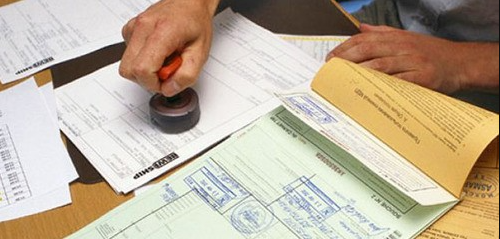
Working with Customs Brokers for Smooth Clearance
When importing solar panels into South Africa, navigating the customs clearance process can be complex. Engaging a professional customs broker can significantly streamline this procedure. Customs brokers are experts in the legal and regulatory requirements of importing goods and can ensure that all necessary documentation is submitted accurately and on time.
They will assist with submitting the Import Declaration Form (SAD 500), verifying compliance with local regulations, and ensuring that all applicable duties and taxes are paid. Collaborating with a customs broker helps prevent delays and penalties, enabling a smoother import process.
Handling Potential Delays and Inspections
Customs clearance may sometimes encounter delays due to inspections or incomplete documentation. Importers must be prepared for potential longer waiting times, especially in the case of random inspections by customs officials. To minimize risks, ensure that all paperwork is meticulously prepared and compliant with South African regulations.
Building a relationship with your customs broker can also help expedite the process. They can provide insights into common issues that lead to delays and how to avoid them. Additionally, Dantful International Logistics can assist you in preparing for customs procedures, offering advice on how to anticipate and mitigate potential delays.
Calculating Total Landed Costs
Understanding the total landed costs is critical for evaluating the true expenses associated with importing solar panels. This calculation encompasses not only the purchase price of the panels but also includes shipping costs, customs duties, taxes, insurance, and any additional fees incurred during the import process.
By accurately calculating total landed costs, you can make informed decisions about pricing your products competitively in the South African market. Dantful International Logistics can provide detailed breakdowns of costs associated with your shipment, ensuring transparency and helping to maintain healthy profit margins. This comprehensive analysis will enable you to strategize effectively and navigate the complexities of the importation process with confidence.
Dantful International Logistics Services:
- Dantful Ocean Freight Services
- Air Freight From China
- Amazon FBA Freight Forwarding
- WAREHOUSE Services
- One-Stop Customs Clearance Solution
- Cargo Insurance Services in China
- DDP Shipping Services By Dantful Logistics
- Out of Gauge Cargo Transportation Shipping Services
7. Challenges and Solutions in Solar Panel Importation
Overcoming Language and Cultural Barriers with Chinese Suppliers
One of the prominent challenges when importing solar panels from China is navigating language and cultural barriers. Effective communication is essential to ensure that both parties fully understand product specifications, pricing, and shipping terms. To overcome these challenges, consider hiring a translator or utilizing bilingual staff who can facilitate clear communication. Additionally, leveraging technology through video conferencing and messaging apps can help build rapport and understanding. Establishing a solid relationship with your Chinese suppliers can ease these barriers over time, fostering mutual trust and collaboration. Utilizing a reputable freight forwarder like Dantful International Logistics can also bridge these gaps, as they often have experience dealing with international suppliers and can assist in communication.
Mitigating Risks of Damaged Goods During Transit
The risk of damaged goods during transit is a significant concern when importing solar panels. To mitigate this risk, ensure that the packaging is robust and meets international shipping standards, as discussed previously. Additionally, consider purchasing insurance for the shipment, which can protect your investment in the event of damage or loss during transport. Dantful International Logistics offers comprehensive insurance services that provide peace of mind, allowing you to focus on your import business without the worry of potential losses.
Strategies for Competing with Local South African Manufacturers
Competing with local South African manufacturers can be challenging, especially given the recent tariffs on imported solar panels. To position yourself favorably in the market, focus on providing added value that local manufacturers may not offer. This could include superior product quality, advanced technology, or exceptional customer service. Additionally, emphasize the advantages of imported solar panels, such as cost savings and innovation. Building strong relationships with local installers and distributors can also help you gain market access. By combining competitive pricing with quality products and excellent service, you can carve out a niche in the South African solar market despite local competition.
FAQs
- What are the main steps involved in importing solar panels from China?
- The process involves finding reliable suppliers, negotiating prices, ensuring quality control, arranging shipping, and clearing customs in South Africa.
- What shipping method is best for solar panels?
- Sea freight is generally the most cost-effective method for bulk shipments, while air freight is faster but more expensive. Your choice will depend on your budget and urgency.
- How can I ensure my solar panels arrive undamaged?
- Proper packaging and securing insurance for the shipment are vital steps to protect your goods during transit.
- What are the customs duties and taxes on solar panel imports to South Africa?
- Duties may vary, and it’s essential to consult the latest tariff schedules from the South African Revenue Service (SARS) for accurate rates.
- Do I need a customs broker for clearing my shipment?
- While not mandatory, engaging a customs broker can facilitate a smoother clearance process, helping you navigate regulatory requirements effectively.
- How do I calculate the total landed costs for my solar panel import?
- Total landed costs include the purchase price, shipping costs, customs duties, taxes, and any additional fees incurred during the import process.
References
- International Renewable Energy Agency (IRENA). (2021). “Renewable Power Generation Costs in 2021.” Link
- South African Revenue Service (SARS). “Customs & Excise Guide.” Link

Young Chiu is a seasoned logistics expert with over 15 years of experience in international freight forwarding and supply chain management. As CEO of Dantful International Logistics, Young is dedicated to providing valuable insights and practical advice to businesses navigating the complexities of global shipping.

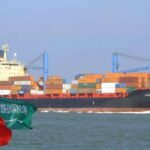
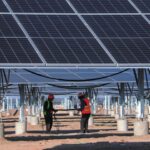
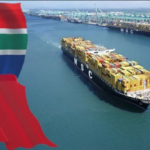


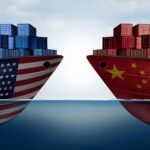

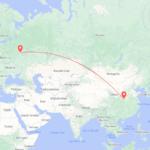
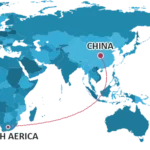
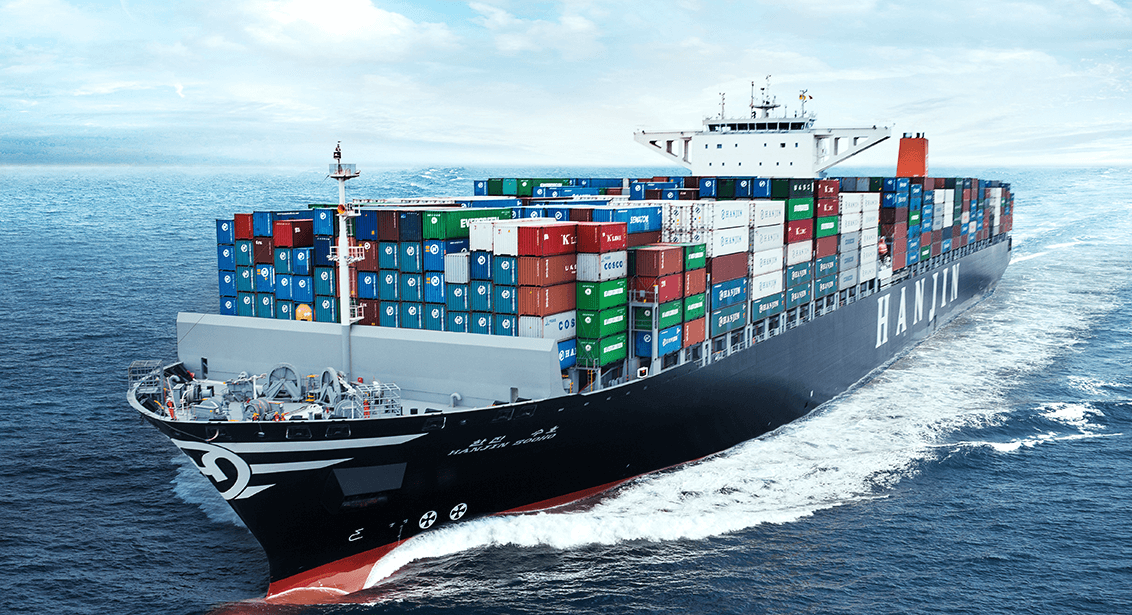
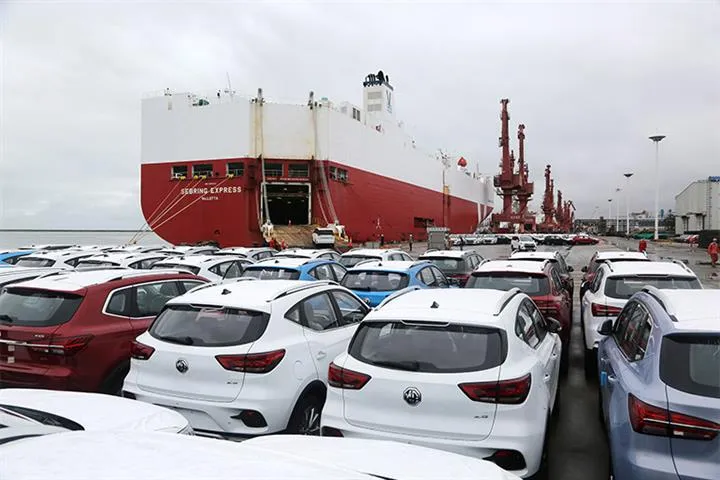

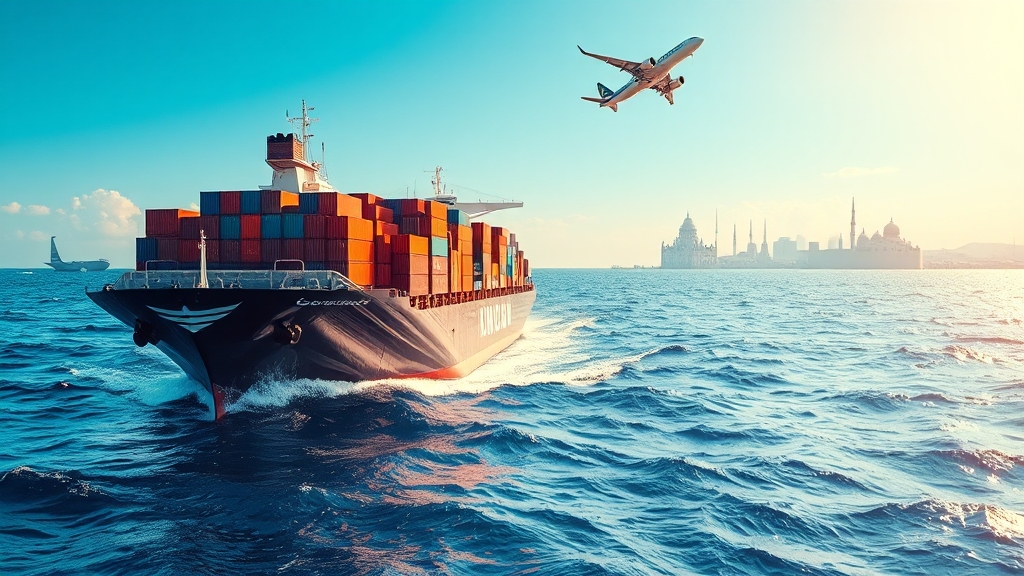
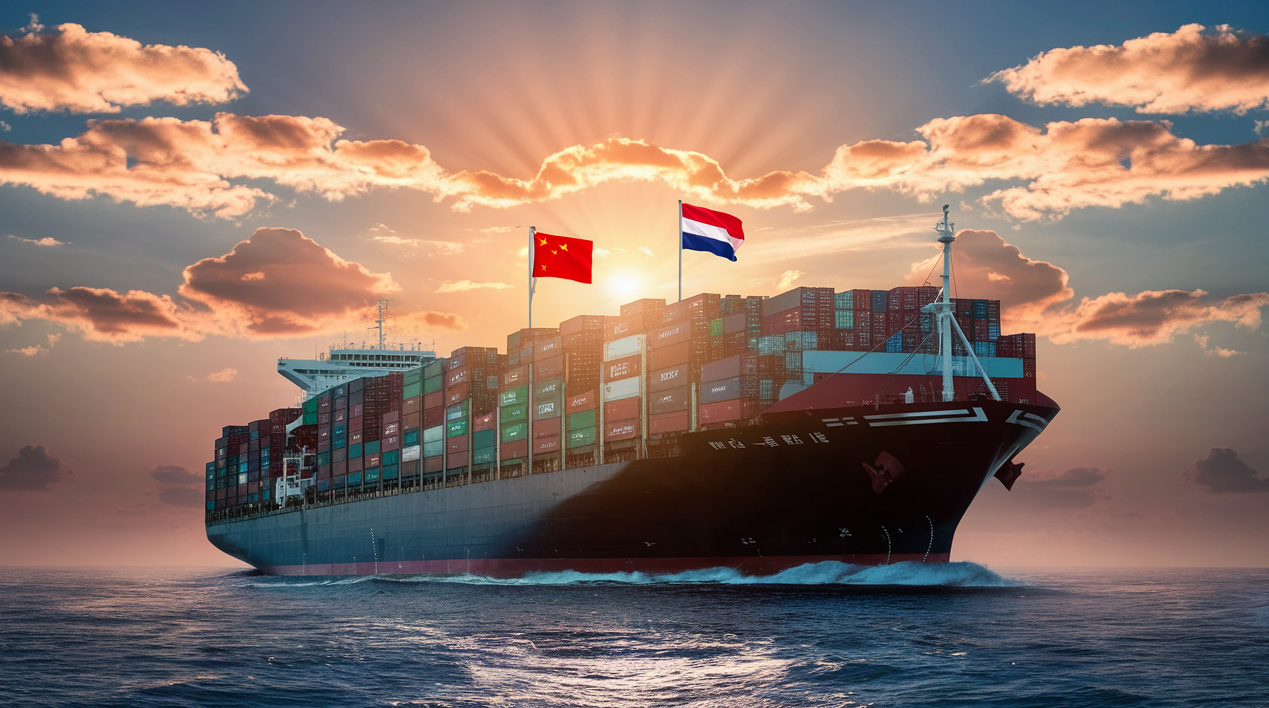





 Afrikaans
Afrikaans Shqip
Shqip አማርኛ
አማርኛ العربية
العربية Հայերեն
Հայերեն Azərbaycan dili
Azərbaycan dili Euskara
Euskara Беларуская мова
Беларуская мова বাংলা
বাংলা Bosanski
Bosanski Български
Български Català
Català Cebuano
Cebuano Chichewa
Chichewa 简体中文
简体中文 繁體中文
繁體中文 Corsu
Corsu Hrvatski
Hrvatski Čeština
Čeština Dansk
Dansk Nederlands
Nederlands English
English Esperanto
Esperanto Eesti
Eesti Filipino
Filipino Suomi
Suomi Français
Français Galego
Galego ქართული
ქართული Deutsch
Deutsch Ελληνικά
Ελληνικά Kreyol ayisyen
Kreyol ayisyen Harshen Hausa
Harshen Hausa Ōlelo Hawaiʻi
Ōlelo Hawaiʻi עִבְרִית
עִבְרִית हिन्दी
हिन्दी Hmong
Hmong Magyar
Magyar Íslenska
Íslenska Igbo
Igbo Bahasa Indonesia
Bahasa Indonesia Gaeilge
Gaeilge Italiano
Italiano 日本語
日本語 Basa Jawa
Basa Jawa ಕನ್ನಡ
ಕನ್ನಡ Қазақ тілі
Қазақ тілі ភាសាខ្មែរ
ភាសាខ្មែរ 한국어
한국어 كوردی
كوردی Кыргызча
Кыргызча ພາສາລາວ
ພາສາລາວ Latin
Latin Latviešu valoda
Latviešu valoda Lietuvių kalba
Lietuvių kalba Lëtzebuergesch
Lëtzebuergesch Македонски јазик
Македонски јазик Malagasy
Malagasy Bahasa Melayu
Bahasa Melayu മലയാളം
മലയാളം Maltese
Maltese Te Reo Māori
Te Reo Māori मराठी
मराठी Монгол
Монгол ဗမာစာ
ဗမာစာ नेपाली
नेपाली Norsk bokmål
Norsk bokmål پښتو
پښتو فارسی
فارسی Polski
Polski Português
Português ਪੰਜਾਬੀ
ਪੰਜਾਬੀ Română
Română Русский
Русский Samoan
Samoan Gàidhlig
Gàidhlig Српски језик
Српски језик Sesotho
Sesotho Shona
Shona سنڌي
سنڌي සිංහල
සිංහල Slovenčina
Slovenčina Slovenščina
Slovenščina Afsoomaali
Afsoomaali Español
Español Basa Sunda
Basa Sunda Kiswahili
Kiswahili Svenska
Svenska Тоҷикӣ
Тоҷикӣ தமிழ்
தமிழ் తెలుగు
తెలుగు ไทย
ไทย Türkçe
Türkçe Українська
Українська اردو
اردو O‘zbekcha
O‘zbekcha Tiếng Việt
Tiếng Việt Cymraeg
Cymraeg יידיש
יידיש Yorùbá
Yorùbá Zulu
Zulu